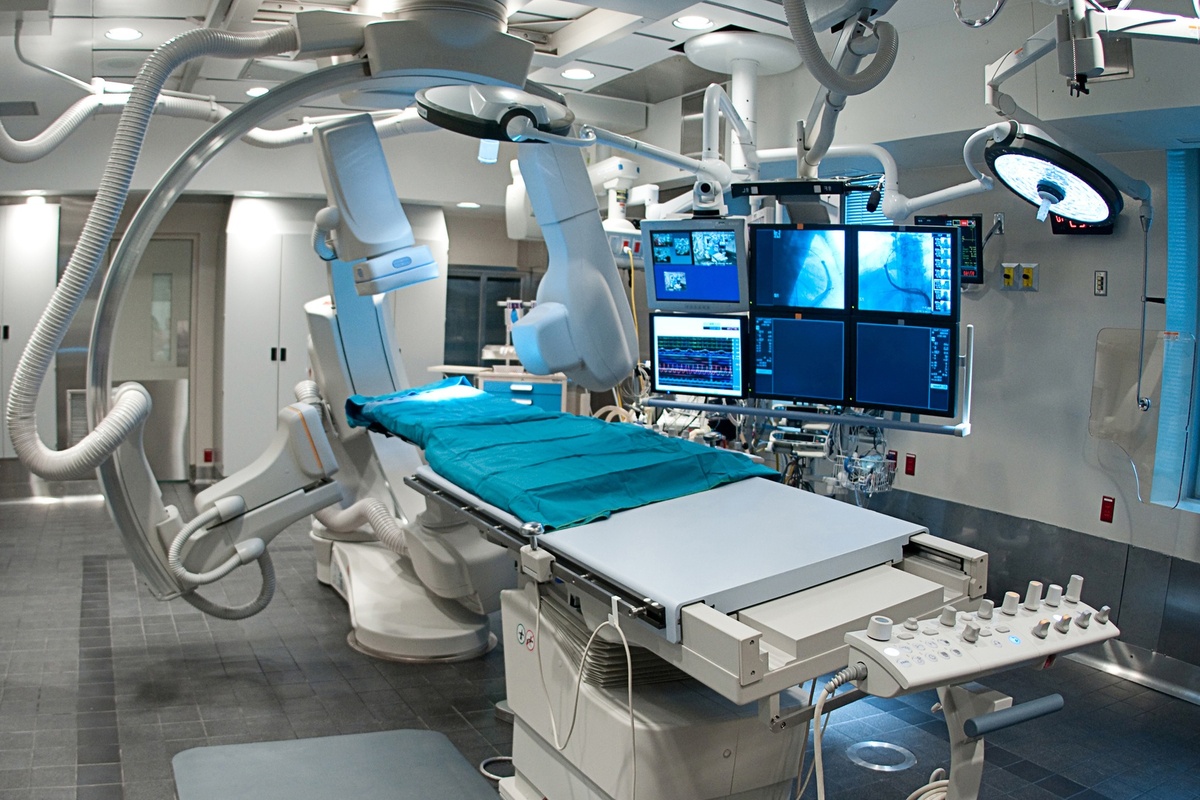Iranian Experts Indigenize Products Related to Modular Operating Rooms

Reza Keshavarz, who is the chairman of the board of directors of ‘Yekta Tajhiz Mad’ and ‘Karno Sanat Kimia’ companies, said that by using the latest technology, experts of the two firms have been able to take a step towards development of smart operating rooms.
“In the process of indigenizing these products, we made products related to modular operating rooms, some of them for the first time in the world,” he noted.
“Infection control in operating rooms is of particular importance. In addition to being able to record and control all happenings in the operating room, intelligent systems also control the movements and performance of the operating room personnel,” Keshavarz said.
“Our antibacterial walls are reverse engineered from a German company. Our products are not 100% reverse engineering, but some of them are 100% manufactured domestically and patented. Some of our products are also upgraded samples of foreign products; in addition to reverse engineering these products, we have been able to upgrade them,” he added.
Earlier this year, a knowledge-based company in Iran had also managed to produce a special instrument for cutting and shaping titanium mesh which can decrease surgery time and bleeding in patient.
“We have made a product that reduces the time of surgery and bleeding,” Mohammad Sadeq Tavalli, the managing director of the company and a faculty member of the Chemical Engineering Department of Islamic Azad University’s Shiraz branch, told ANA.
“ٌWe made the product at the request of one of the professors of neurosurgery department of Shiraz University of Medical Sciences. The professor needed the new device for a patient who suffered from a fracture in the orbital roof area due to an accident. The patient needed reconstructive surgery of the skull floor,” he added.
Noting that the company's team used the patient's medical images, Tavalli said that the special instrument helped the surgical team to place the titanium mesh on the sample and perform cutting and shaping operations before the operation.
“Finally, the mesh prepared in the operating room was placed in the predicted place in the shortest possible time which not only reduced the surgery time, but also decreased the unwanted bleeding and the fatigue of the surgeon,” he underlined.
4155/v





















